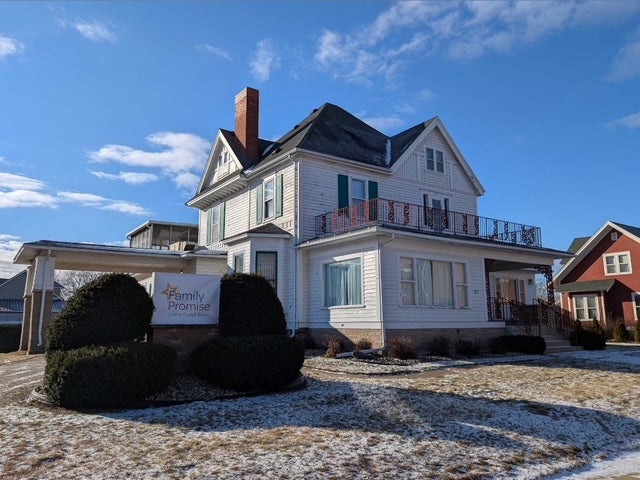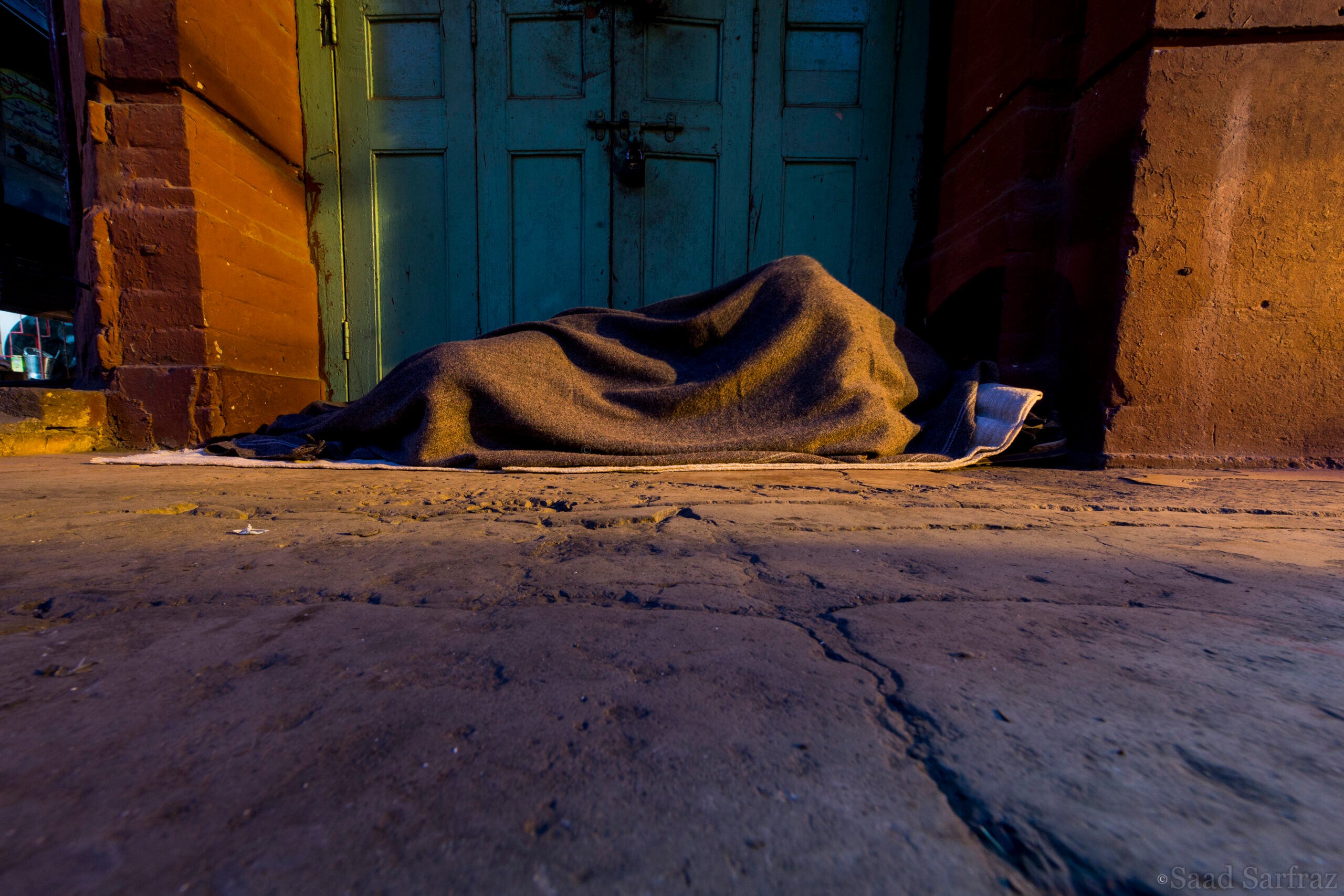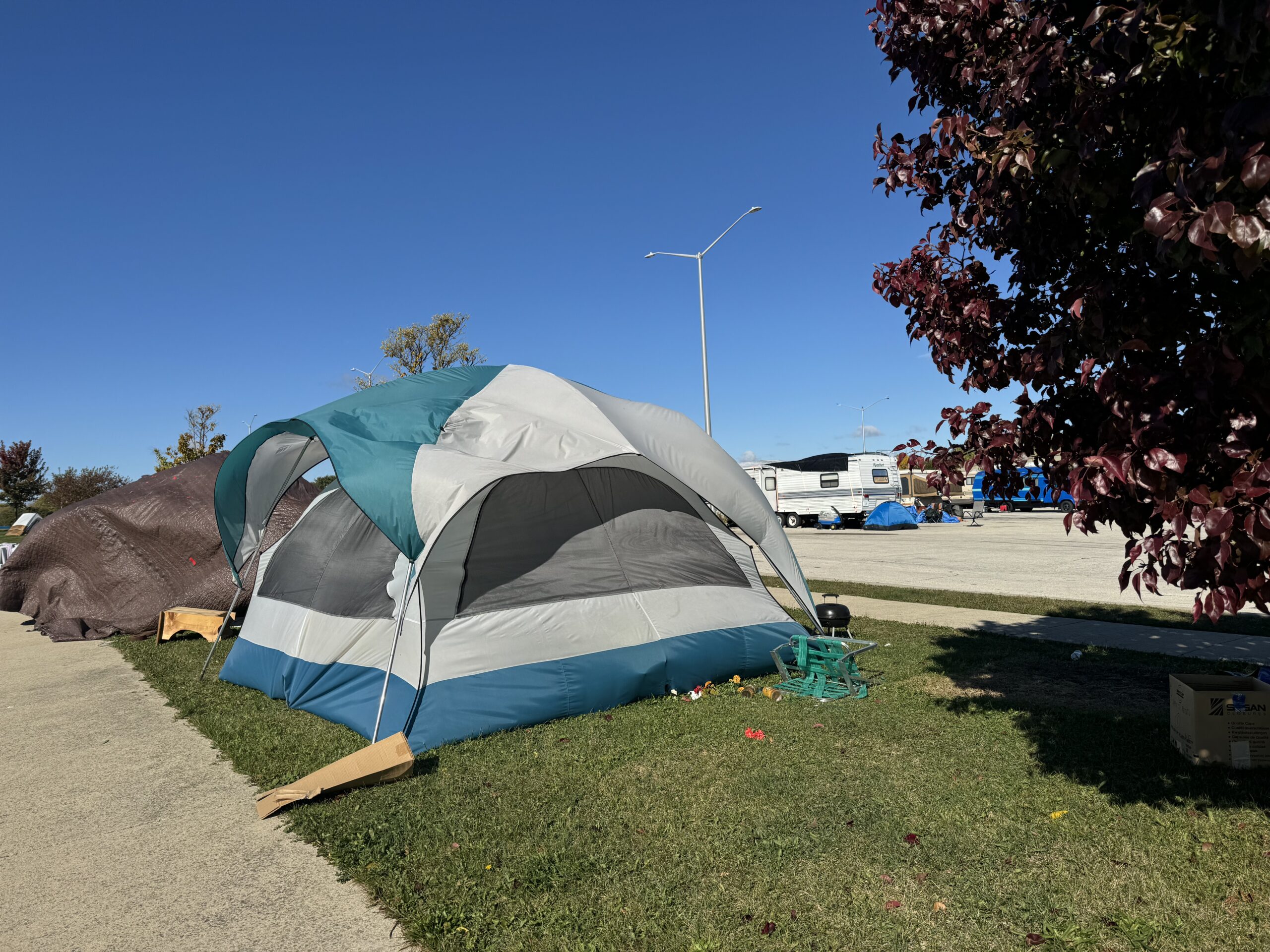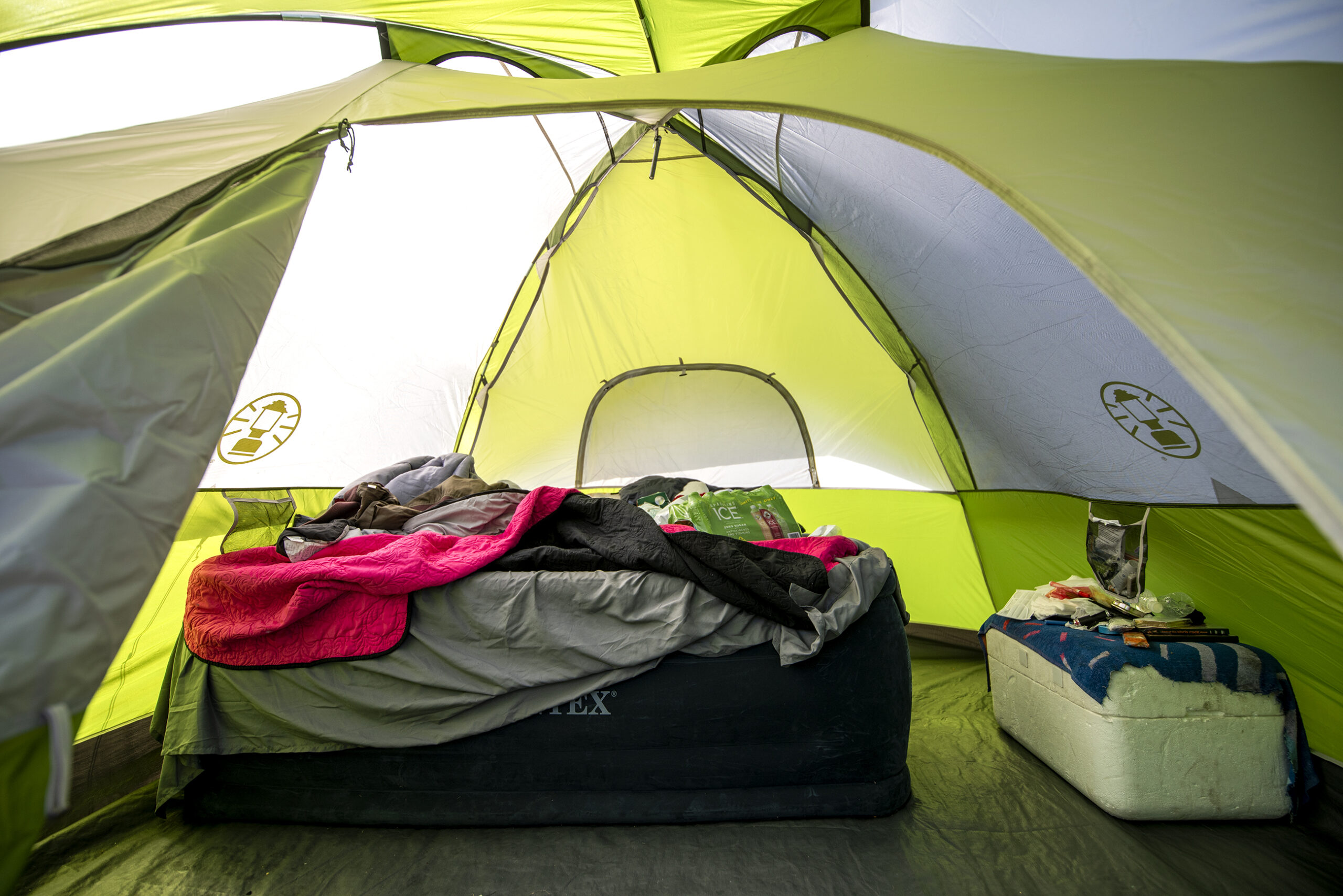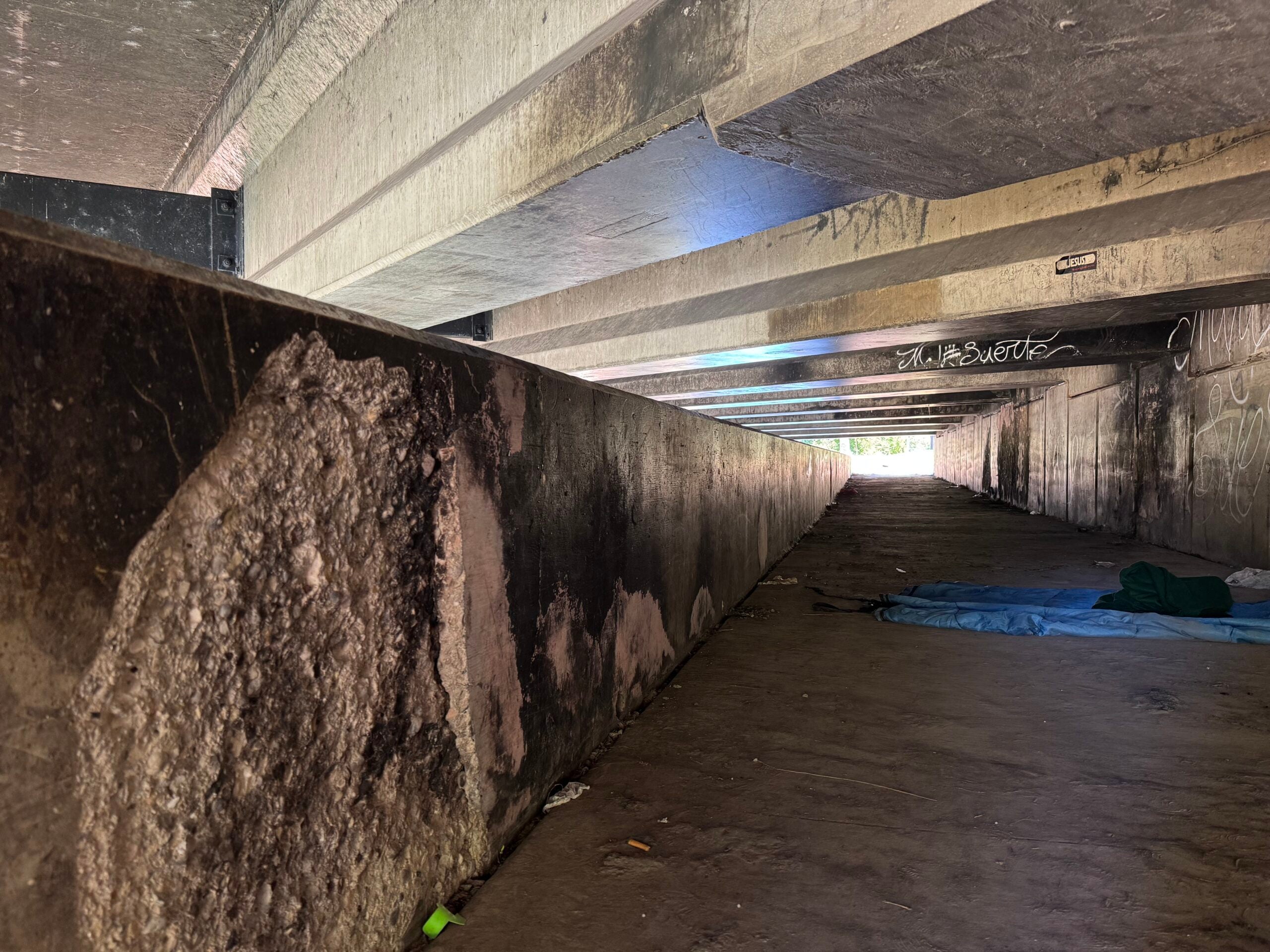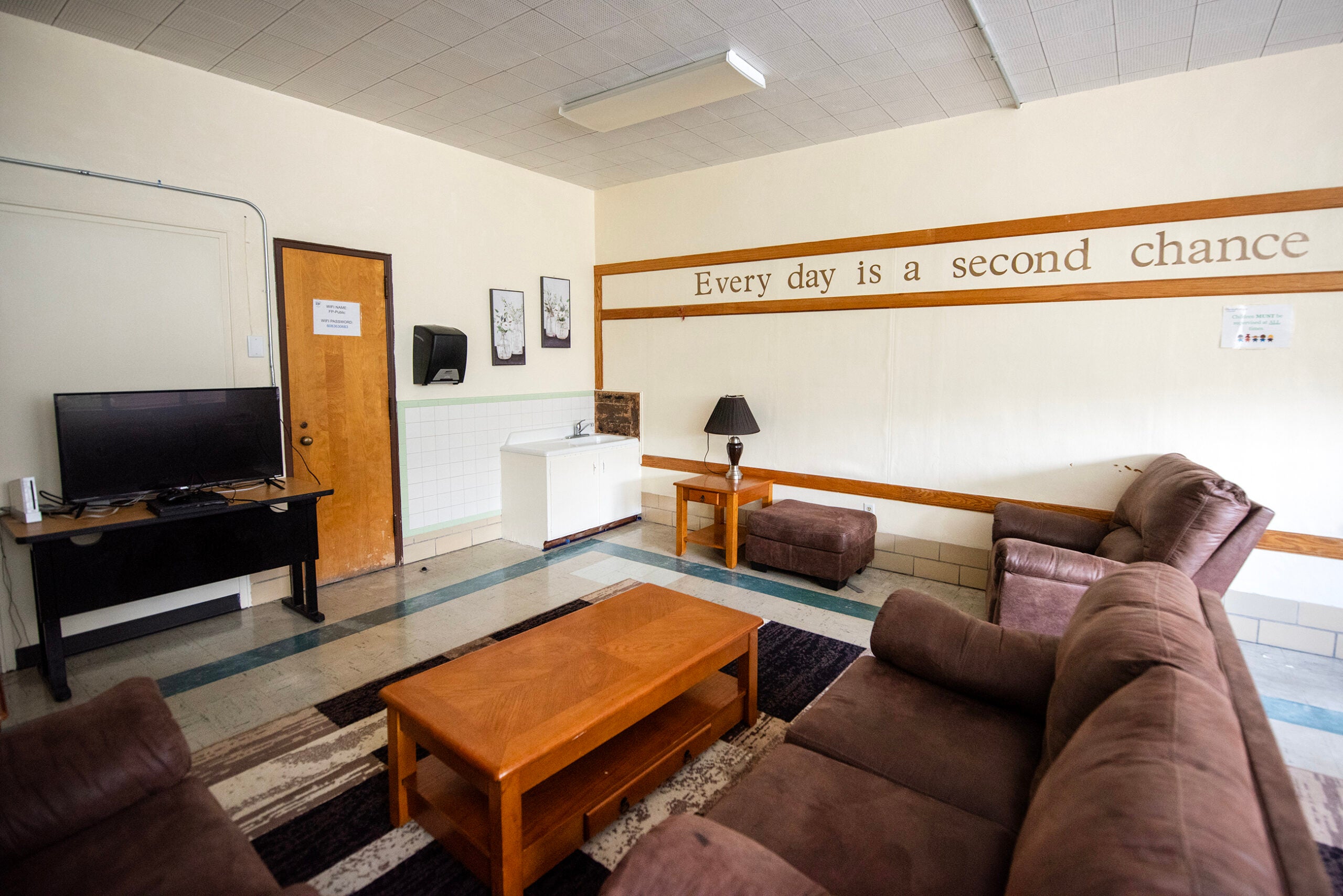Homelessness is often seen as a big city problem. But rural and small town communities also face unemployment, limited access to affordable housing and poverty.
Last year, 217 people were unsheltered in west central Wisconsin, according to the Institute for Community Alliances.
A new homeless shelter in Monroe County recently opened their doors to those individuals and families in need to provide food, clothing, life skills and community support.
News with a little more humanity
WPR’s “Wisconsin Today” newsletter keeps you connected to the state you love without feeling overwhelmed. No paywall. No agenda. No corporate filter.
The Family Promise of the Great Rivers in Wisconsin — part of the national nonprofit Family Promise — held a ribbon-cutting ceremony last month.
Executive Director Jesse Todd joined WPR’s “Wisconsin Today” to discuss community advocacy for homeless shelters, as well as the challenges families face in rural Wisconsin.
He said the organization works with people who are in their 20s to 30s, with average jobs and paycheck-to-paycheck income.
“One upsetting factor could cause them to become homeless,” he said.
New Sparta shelter allows more families to rotate through temporary housing
Todd said Family Promise of the Great Rivers started in 2019 with a rotational shelter.
“Families would come and stay one week at each church location, served by volunteers,” Todd said.
Monroe County residents can access temporary housing thanks to churches and senior and community centers that host families through Family Promise. Last year, they served 87 families and 281 individuals.
The new Family Promise shelter includes a two-floor space that can temporarily house one family on the top floor; on the ground floor, families and community members have daytime access to volunteers providing employment, education and healthcare support.
“We find them referrals for behavioral health, physical health and chronic illness,” Todd said.
Looking ahead, the organization needs about $22,000 to complete three more dormitories within the new shelter’s top floor, which could then house three families immediately.
Todd said Family Promise hopes to eventually serve five families, which would require an additional $50,000. But the timeline depends on donations.
Challenges of rural homelessness
Todd said the visibility of homelessness is less apparent on the streets there, due to camping bans, but it is still present.
“We see them in their vehicles,” he said. “They’ll park on side streets and on back roads overnight to sleep.”
He referred to the annual “point-in-time” or PIT count, where volunteers go out at night to find people experiencing homelessness.
Todd said that in rural Wisconsin, those people are harder to find — but it doesn’t mean they’re not there or facing challenges.
“They just don’t want to be found,” he said. “They’re worried about being hassled or being kicked out because of a camping ban.”
To reach families who might be unsheltered, volunteers work together to provide transportation, which Todd said is the greatest barrier for the rural region.
To identify families experiencing homelessness, he referred to ALICE, an acronym for Asset Limited, Income Constrained, Employed — meaning people who earn more than the federal poverty level, but less than the average cost of living.
“They’re working, or they’re making a conscious effort [to find a job] but because of asset limitations, they can’t meet what it takes for a living wage,” he said.
In addition, Family Promise of the Great Rivers works with landlords to ensure local renters have support before a situation results in an eviction.
“They refer tenants,” he said. “We can work with them before the situation gets too dire.”
Todd said the organization recently secured a $20,000 grant from Clayton, a national builder in single-family accessible housing. This year, the company is donating $1.5 million across the Family Promise national network.
According to the National Alliance to End Homelessness, the capacity of family shelters across the state has remained above 120 percent for nearly two decades. There is room, yet, families still remain unsheltered.
“They’re afraid to approach us,” Todd said. “It can be dehumanizing to be in that situation.”
But he wants residents in Monroe County to know they have support like the Family Promise of the Great Rivers to succeed.
Community advocacy surrounding homeless shelter campaigns
“It’s a community effort,” Todd said.
Opening a homeless shelter requires outreach to local government, other agencies, congregational spaces and community clubs to gain support and funding.
As executive director, he said it takes dedication and long hours to run the shelter, develop fundraising events and provide awareness with the public.
Whether it’s a rural or urban shelter, some Wisconsin communities face funding issues. But Family Promise of the Great Rivers provided transparency throughout the shelter campaign to maintain fundraising momentum.
“You want them to see every effort you make — every donor and supporter you have in the community,” he said.

